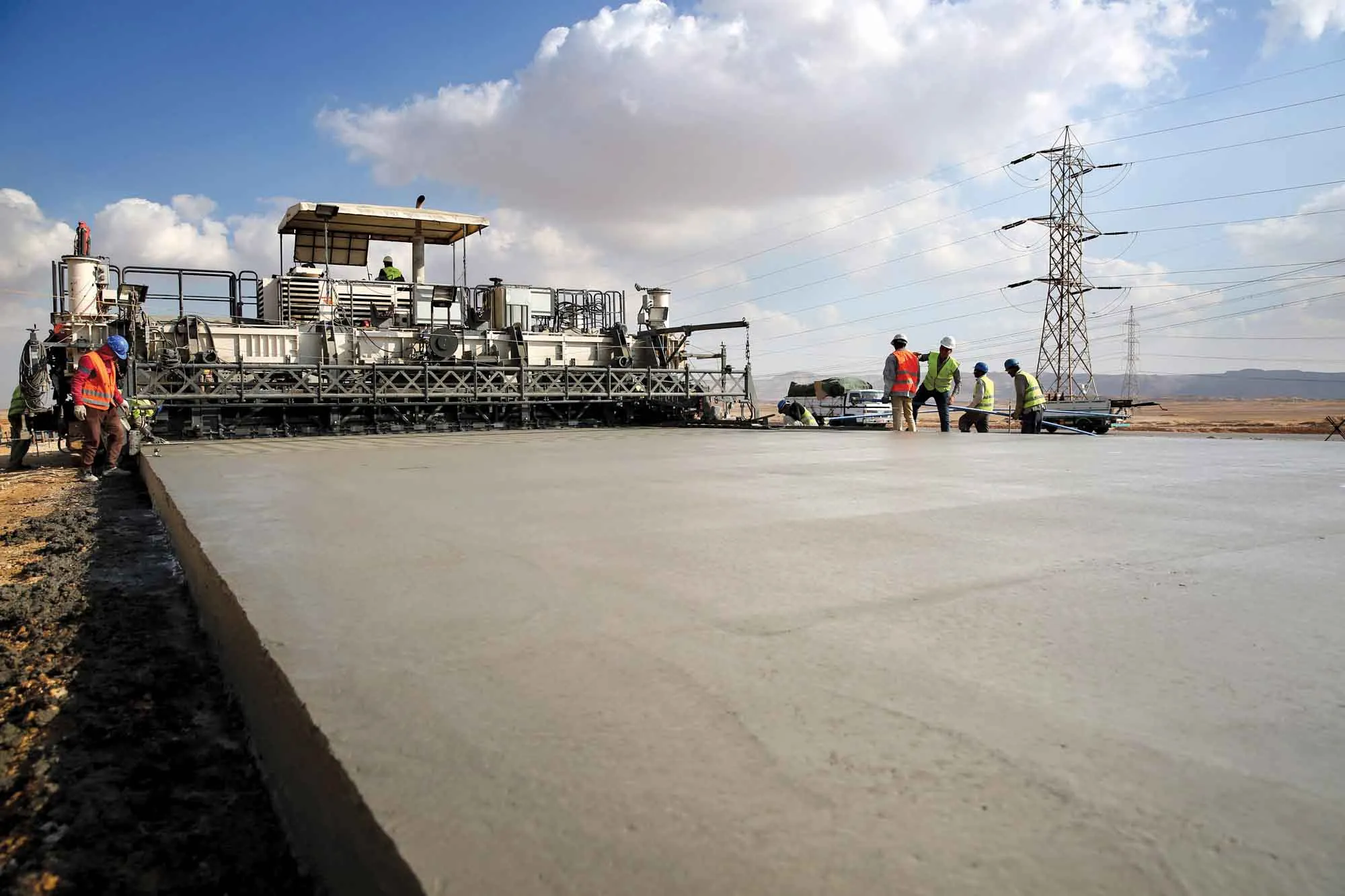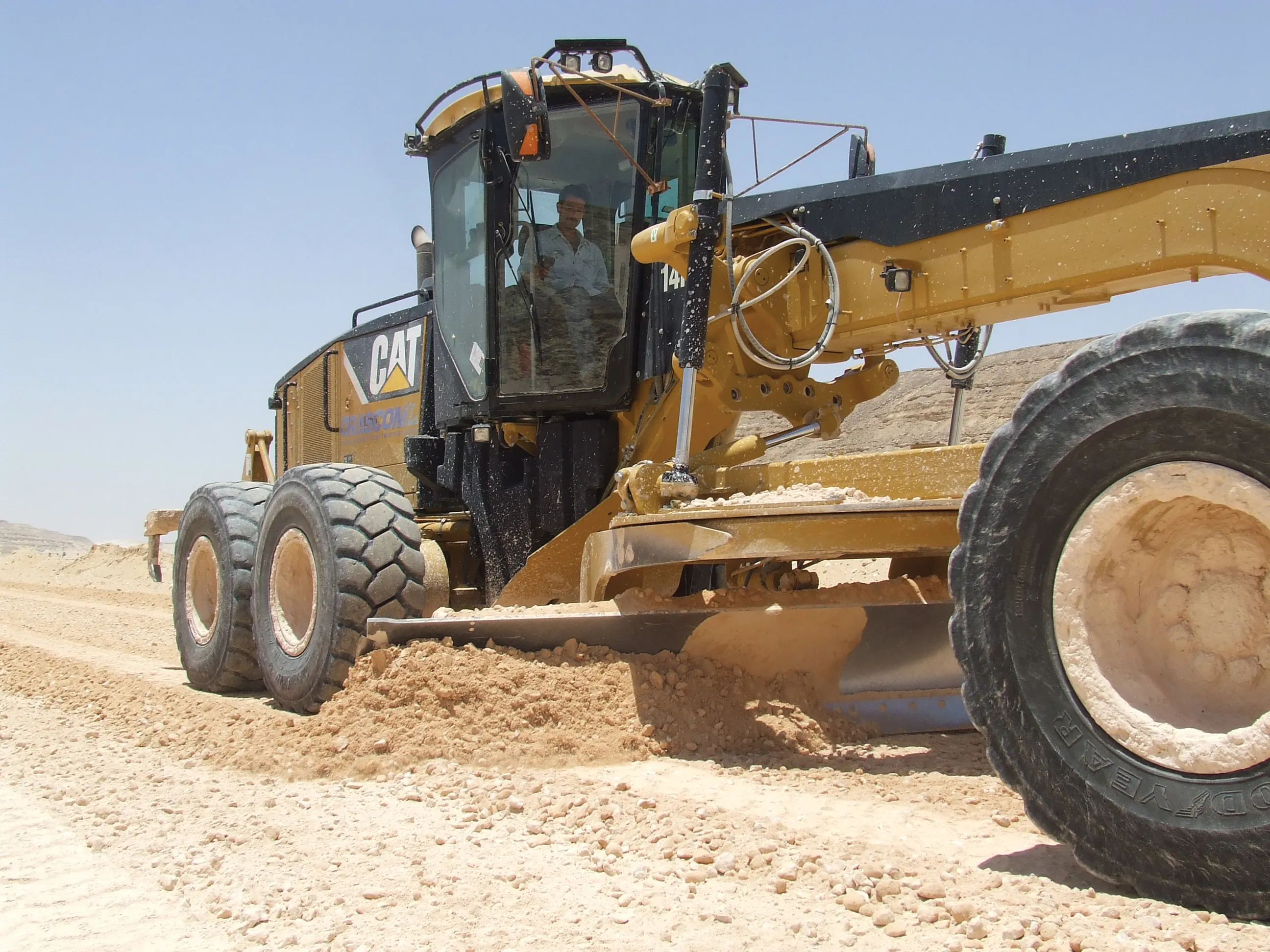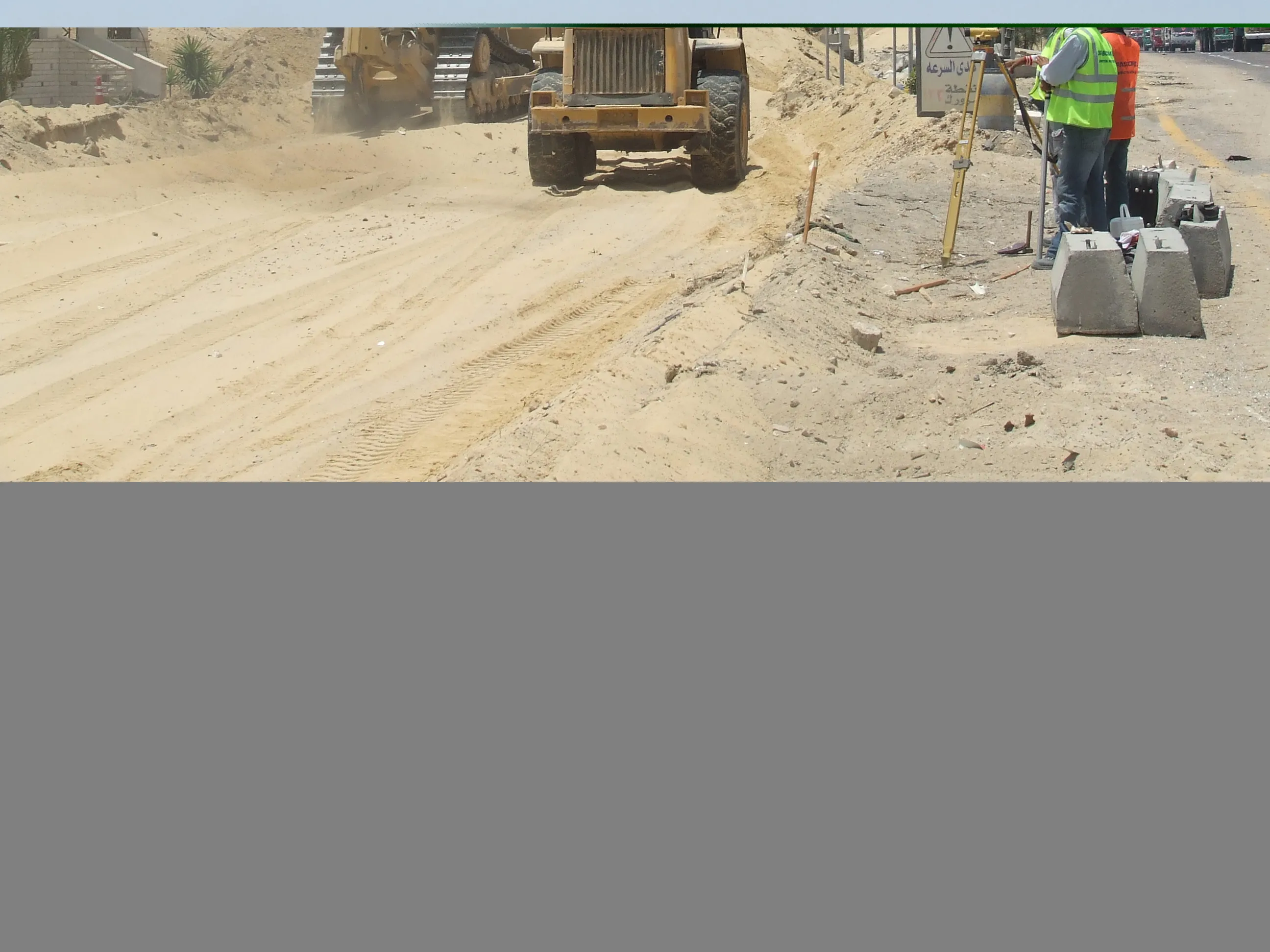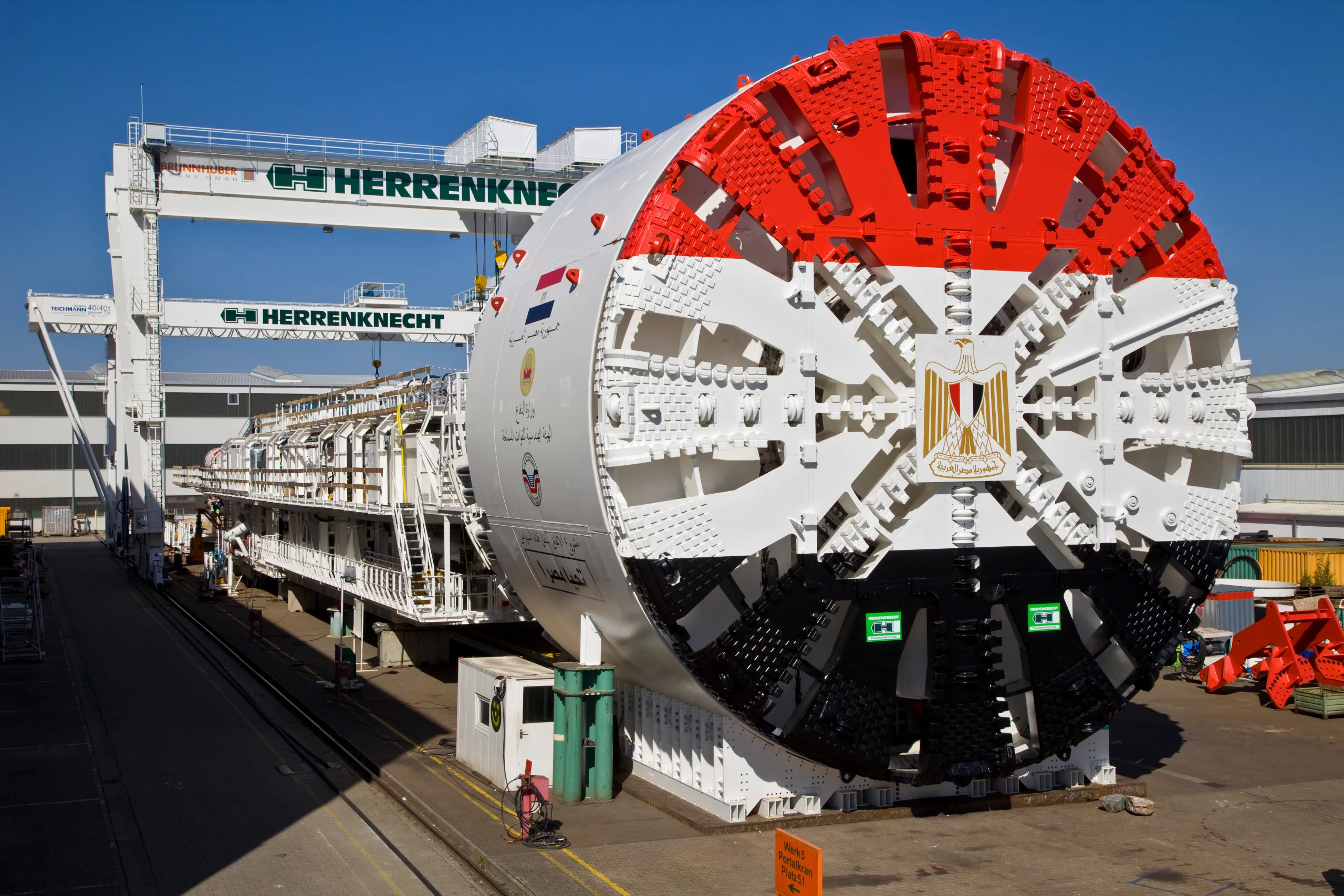
CEMEX has played a key role in a highway construction job in Egypt. The company has supplied 130,000m3 of concrete that has been used for the construction of the new Cairo–Suez highway project.
The project is of note as this is Egypt’s first concrete highway and if it proves successful, more are likely to be built using this construction method. The 35km road is of major importance to Egypt also as it connects the capital, Cairo, with the seaport city of Suez, two of the nation’s most important economic centres.
This is one of several infrastructure programmes underway in Egypt at present, in a bid to expand its highway network and improve transportation. Egypt’s population has grown fast in recent years, as has the number of vehicles using its road network. Congestion has been an increasing problem on major routes and in the main urban areas, with capital Cairo’s chaotic peak period traffic jams becoming notorious for causing delays. In recent years the country upgraded the highway connecting Cairo and the port of Alexandria on the Mediterranean coast, work that became desperately needed as the previous highway had become highly congested.
Given the high traffic volumes and the number of heavy vehicles using the Cairo-Suez route, it was decided to construct the new highway using concrete. Although
Beginning in 2011, CEMEX in Egypt demonstrated the characteristics of concrete paving to Egypt’s General Authority of Roads and Bridges by working closely with the private sector on several pavement projects. Following three years of workshops, studies and deliberations with the General Authority, CEMEX was granted permission to initiate the Cairo-Suez concrete highway project.
Should the new highway prove as successful as Cemex expects then more concrete highways may be built in Egypt in the future. The country does pose major challenges for road construction, in that ambient temperatures can be very low at night and then become extremely hot in daytime. This high temperature gradient has posed challenges to construction firms building roads from asphalt. Special asphalt mixes need to be used that avoid problems of deformation when coping with high volumes of heavily laden trucks travelling in daylight hours. Using the concrete road construction could avoid issues of deformation experienced by asphalt surfaces, although close monitoring of the road surface will be carried out by the Egyptian authorities to ensure that this new highway performs as expected.








